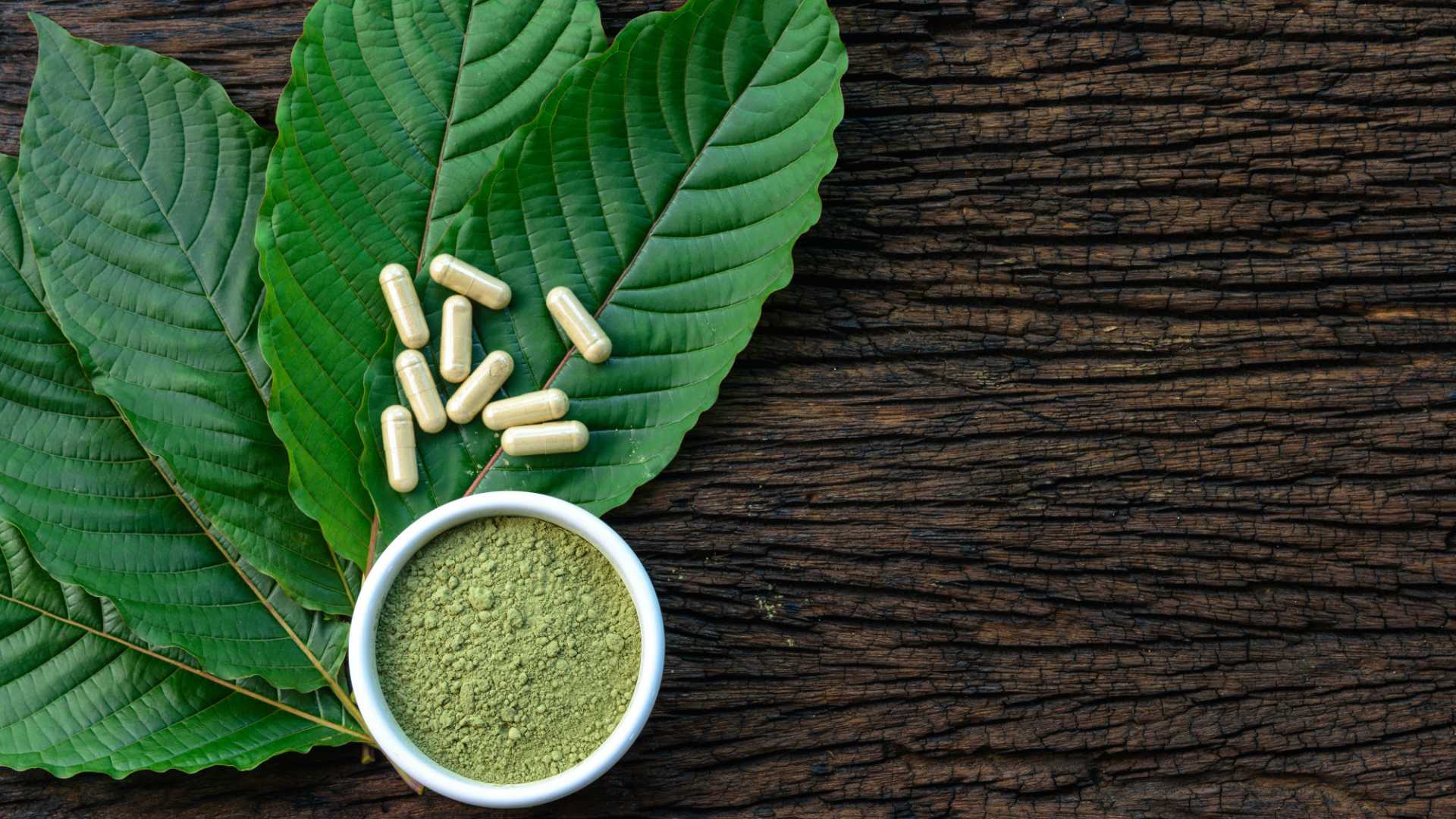Health
FDA Targets Kratom Ingredient Amid Rising Addiction Concerns

MICHIGAN — U.S. health officials are intensifying their efforts to regulate products containing 7-OH, a potent component derived from kratom, following a viral video that raised public awareness regarding the substance’s effects.
Kratom, a plant native to Southeast Asia, has become increasingly popular in the U.S. as it is sold at gas stations and convenience stores in various forms, including drinks, capsules, and powders. Experts warn that it can be highly addictive, with effects similar to opioids and opiates.
During a press conference on July 29, Health and Human Services Secretary Robert F. Kennedy Jr. announced the government’s plan to address concerns over 7-OH, or 7-Hydroxymitragynine, which is often found in kratom products marketed for energy and relaxation. “Today, we’re taking action on 7-OH as a critical step in the fight against opioid addiction,” said Kennedy.
The FDA‘s current focus is on regulating 7-OH while not banning kratom altogether. FDA Commissioner Dr. Marty Makary has stated that 7-OH can be more potent than morphine and has linked its over-the-counter availability to a rise in addiction cases.
Dr. Lief Fenno, chair of the American Psychiatric Association Council on Addiction Psychiatry, noted that kratom has mostly escaped scrutiny due to its molecular structure, which differs from traditional opioids like heroin. However, he emphasized that the risks associated with kratom products are not limited to those containing 7-OH.
A viral TikTok video posted on July 25 by user @yourbestimisha, which has garnered over 19 million views, highlighted the potential dangers of kratom products. In the video, the user recounted an incident where a teenage boy attempted to steal his wallet after he refused to purchase a Feel Free tonic containing kratom.
The company behind the Feel Free tonic, Botanic Tonics, claims its product includes only natural leaf kratom with minimal 7-OH levels. In a statement, CEO Cameron Korehbandi expressed support for FDA regulations targeting synthetic additives. “We’ve been advocating for precisely this type of regulatory approach,” Korehbandi noted.
Despite recent scrutiny, kratom continues to be widely sold with little oversight. Currently, no specific statewide regulations govern sales in Michigan, although some states have outlawed it altogether.
The proposed measures are part of a broader campaign to ensure public safety regarding products with potentially dangerous compounds like 7-OH. The FDA’s recommendation will undergo review by the Drug Enforcement Administration before any legal action is finalized.
For individuals seeking assistance with substance use, resources are available through the National Helpline at 1-800-662-HELP (4357).












